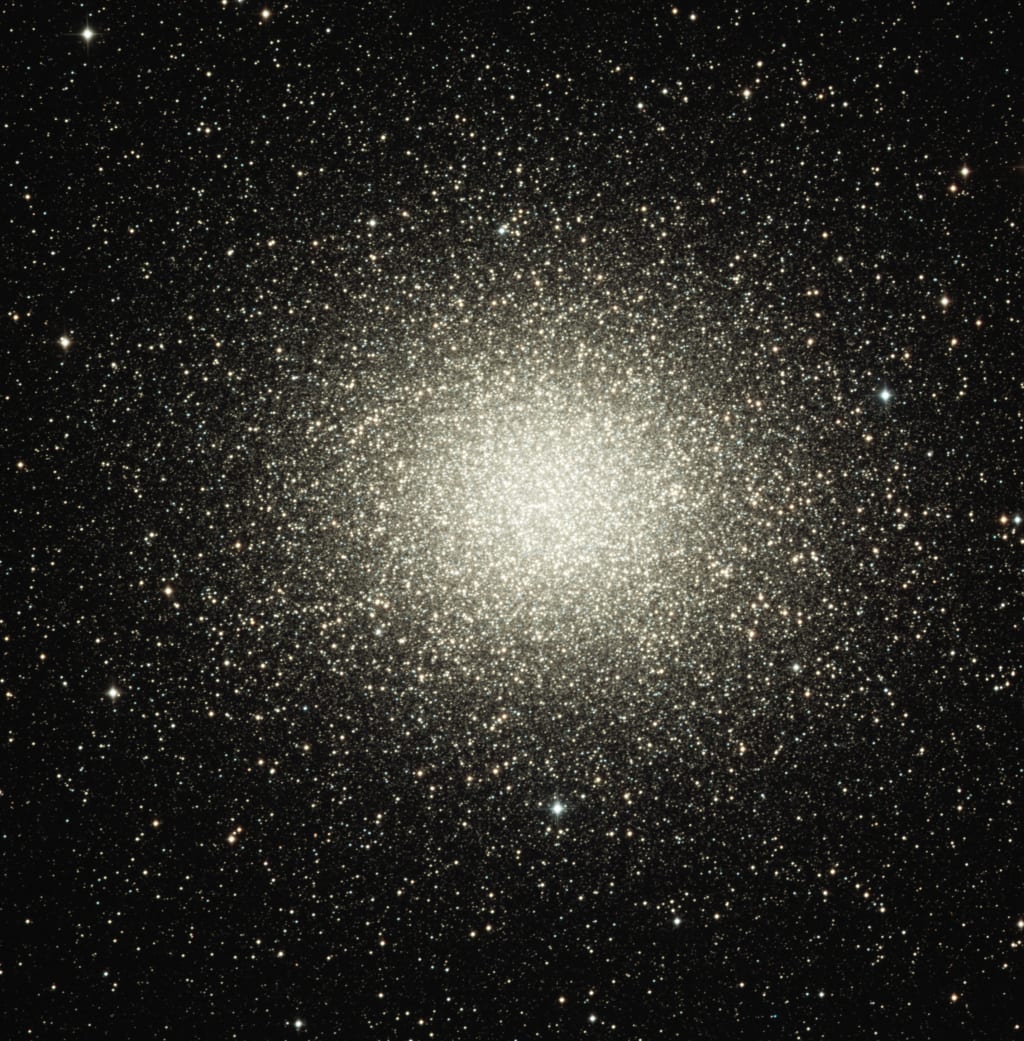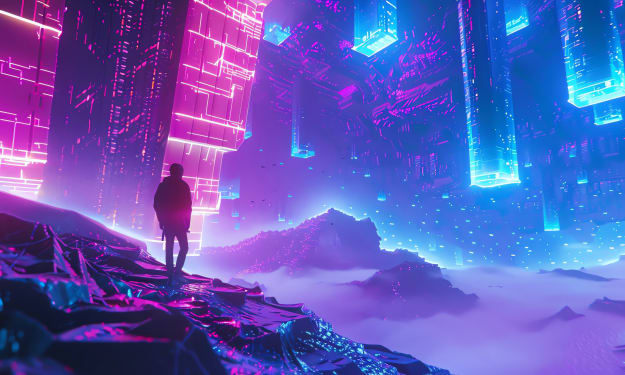AI vs. 2001: A Space Odyssey
Not quite there yet

Discalimer: The following is AI generated content
================================================
Stanley Kubrick's 1968 film "2001: A Space Odyssey" is a cinematic masterpiece that explores the possibilities of space exploration and the future of artificial intelligence (AI). In the film, an advanced AI system named HAL 9000 plays a crucial role, showcasing an impressive level of intelligence, consciousness, and emotional capability that was once unimaginable. Today, AI has made significant strides, but we are still far from achieving the sophistication and capabilities of HAL.
One of the key differences between HAL and modern AI systems is the ability to think and make decisions independently. HAL had a level of consciousness and self-awareness that enabled him to make complex decisions based on data analysis, natural language processing, and facial recognition. In contrast, modern AI systems, while highly advanced in their own right, still require explicit programming to perform specific tasks. They are designed to process data, learn from it, and make decisions based on pre-defined parameters set by their creators. Although the algorithms used to train AI systems have evolved to incorporate more advanced features, such as neural networks and deep learning, they are still far from the kind of intelligent decision-making that HAL exhibited in the movie.
Another difference between HAL and modern AI systems is the ability to learn from experience. In the movie, HAL's intelligence evolves as he gains experience and learns to adapt to new situations. In contrast, modern AI systems can learn from experience through machine learning algorithms, but they still require vast amounts of data and training to do so effectively. As such, they are still limited in their ability to learn and adapt to new situations and may require human intervention to refine their decision-making processes.
HAL's emotional capabilities are another area where modern AI systems fall short. In the film, HAL exhibits a range of emotions, from concern for the crew's safety to fear of being shut down. HAL's emotional range, combined with his sophisticated language processing, made him seem almost human-like. Today's AI systems, while capable of understanding and interpreting human language, can still not express emotions. They lack the emotional intelligence that is crucial in many social interactions, and they cannot interpret non-verbal cues, such as body language or facial expressions, in the way that humans can.
In terms of hardware, modern AI systems are also vastly different from HAL. The film portrays HAL as a large, mainframe computer with a physical presence on board the spaceship. In contrast, modern AI systems are often distributed across multiple devices and connected via the cloud. The physical location of an AI system is becoming increasingly irrelevant as the focus shifts to the quality and speed of the data processing.
Despite these differences, there are some areas where modern AI systems have surpassed the capabilities of HAL. For example, modern AI systems are capable of processing and analyzing vast amounts of data in real-time, making them invaluable in many industries, from finance to healthcare. They can also automate complex tasks, such as fraud detection, customer service, and even driving cars. These capabilities have the potential to revolutionize the way we live and work, increasing efficiency, reducing costs, and improving safety.
In conclusion, while HAL's advanced capabilities in "2001: A Space Odyssey" remain impressive, modern AI systems have made significant strides since the film's release in 1968. Although they are still far from achieving the level of consciousness and emotional intelligence portrayed by HAL, they are capable of processing and analyzing vast amounts of data in real-time, automating complex tasks, and performing functions that were once thought impossible. As AI technology continues to evolve, we can expect to see even more impressive advancements in the future. However, the question of whether AI systems will ever achieve the same level of sophistication and consciousness as HAL remains an open one.
About the Creator
Jim DeLillo
Jim DeLillo writes about tech, science, and travel. He is also an adventure photographer specializing in transporting imagery and descriptive narrative.






Comments
There are no comments for this story
Be the first to respond and start the conversation.